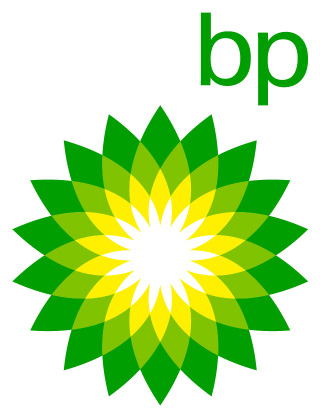If there’s a light at the end of the tunnel for the Gulf Oil Spill, it’s at BP’s end. Thanks to a massive revenue shortfall associated with cleaning up the spill, BP will pay about $10 billion less in taxes over the next 4 years. The Financial Times reports:
The shortfall, representing a drop of more than a quarter in BP’s tax payments, is a particular concern for the British government attempting to cut the country’s budget deficit. Money spent plugging the well, cleaning up the oil, and compensating people who have lost out because of the spill, can be written off against tax, the company believes, reducing the net cost to BP.
Of its principal expected liabilities, only the fines that might be imposed by the US authorities would definitely not be tax-deductible.
If BP manages to seal the leaking well as planned by August, analysts have estimated that its total spending in the Gulf region could be about $30bn. That would represent about $10bn of clean-up costs and $20bn compensation for losses suffered by fishing, tourist and other industries, covered by the fund agreed with the US administration last month.
With a tax rate on profits of 33 per cent in a typical year, that would cut BP’s tax bill by about $10bn. Irene Himona, an analyst at Exane BNP Paribas, estimated that before the Deepwater Horizon accident, BP was set to pay about $37.5bn in tax during 2010-13, but the costs of the disaster would cut that to $27bn.
The article mentions that last year, the British government received about £930 million from BP, roughly the same amount “paid by the UK’s entire transport and communications industries.”
This is a potent reminder of how much governments rely on corporations for revenue. It also explains our government’s relatively vague policy towards the Gulf spill–BP and the government are too interdependent to take any potentially risky moves.

